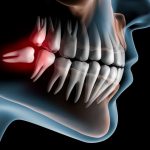Teeth Valuation: How Much Are Your Pearly Whites Really Worth?
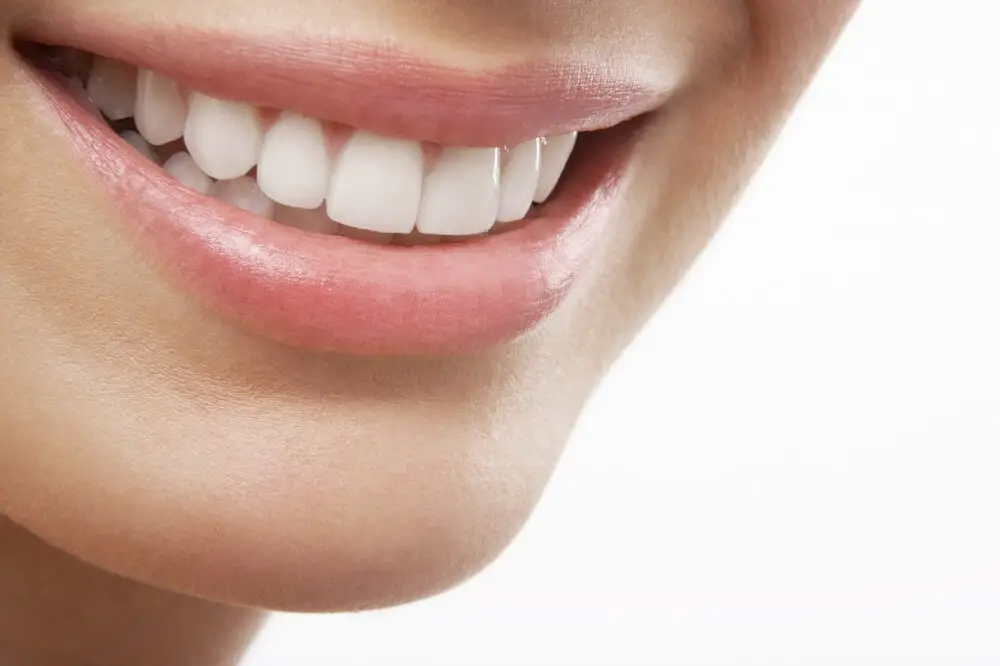
Your teeth are one of the most integral parts of your body, both aesthetically and functionally. They help you speak and chew, and a healthy, bright smile can make a significant difference in your confidence and self-esteem. But have you ever wondered how much your teeth are really worth? The reality is that the value of teeth can vary greatly depending on a variety of factors. From the condition of your teeth to the current market demand for dental implants, the value of your pearly whites is a complex and fascinating topic. The concept of teeth valuation is not new and has been a topic of discussion in the dental industry for decades. However, with the rise of cosmetic dentistry and the increasing demand for dental implants, the value of teeth has become an even more significant consideration. Teeth can be worth a substantial amount of money, with some rare teeth fetching prices in the tens of thousands of dollars. Whether you’re curious about the value of your own teeth or just interested in learning more about this fascinating topic, exploring the factors that determine teeth valuation can provide valuable insight into the dental industry and the broader world of commerce.
Valuing teeth is crucial for maintaining good oral health, which is essential for overall well-being. Teeth allow us to chew food, speak properly, and contribute to our facial aesthetics. Neglecting dental care can lead to dental and gum diseases, tooth decay, and loss of teeth. These issues not only affect the appearance of our smile but also have a significant impact on our ability to eat and communicate. Moreover, dental treatments can be expensive, and the cost of neglecting dental care can add up quickly. By valuing our teeth and investing in proper dental hygiene, we can prevent these issues and enjoy healthy teeth and gums for a lifetime.
The value of teeth is determined by various factors that range from their physical condition and aesthetics to their functional abilities and rarity. The color, shape, size, and alignment of teeth can influence their market value, especially in cosmetic dentistry. The type of teeth, such as incisors, canines, premolars, and molars, also matters, as they have different uses and levels of scarcity. The presence or absence of dental restorations, such as fillings, crowns, or implants, can affect the value of teeth, as well as their age and history of use. Moreover, the demand for teeth varies according to cultural, social, and economic factors, as some people may value natural teeth more than others or be willing to pay more for specific teeth for personal or professional reasons.
The Function of Teeth
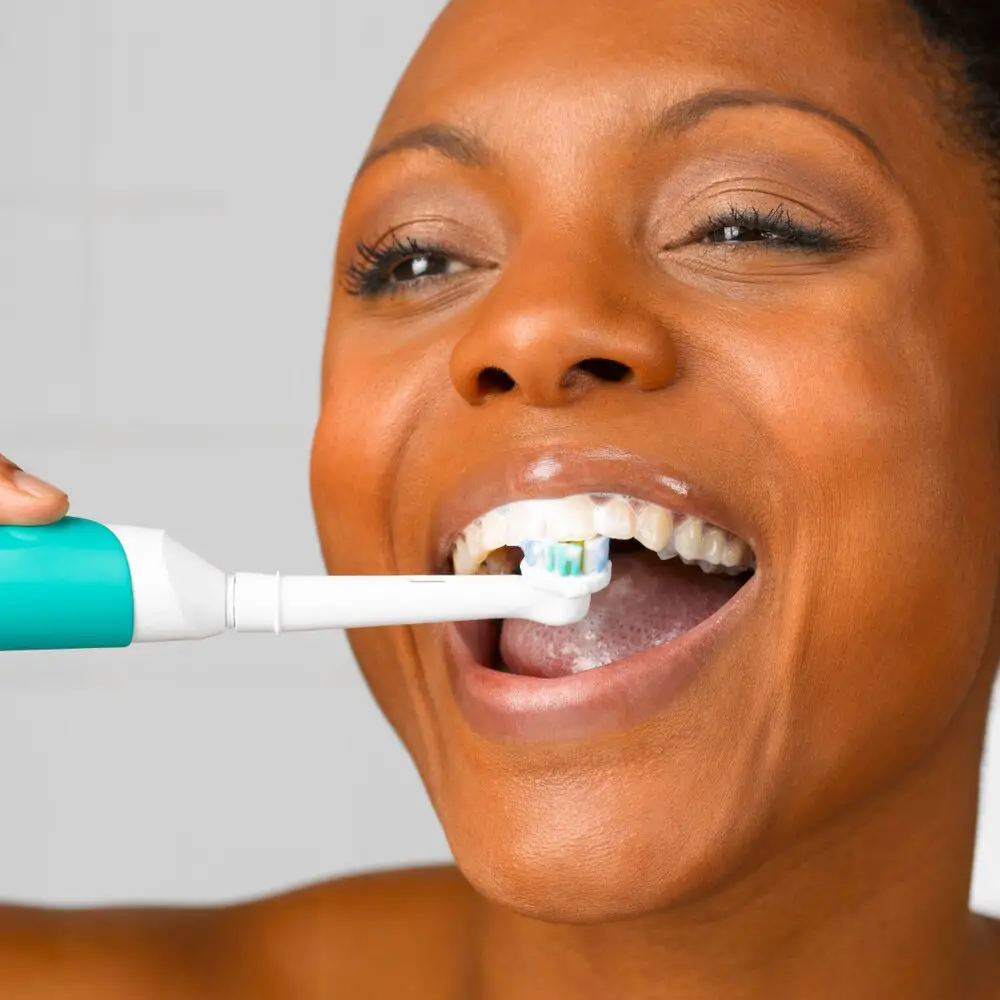
Teeth have a crucial role in human biology, and their primary function is to break down food into smaller particles for easier digestion. The process starts with the incisors, which are the front teeth that cut and slice food. The canines, located next to the incisors, are used for tearing and ripping food apart. The molars, located at the back of the mouth, grind food into small particles that can be easily swallowed. Without teeth, the process of ingestion and digestion would be compromised, leading to malnutrition and other health problems. Teeth also play a significant role in speech and communication. The tongue, lips, and teeth work together to produce different sounds, and any alteration or loss of teeth can affect a person’s ability to articulate words correctly. Additionally, teeth play a crucial role in facial aesthetics, giving a person a confident smile and boosting their self-esteem. Therefore, it is essential to maintain good oral hygiene and seek dental treatment when necessary to preserve the function and appearance of teeth.
Teeth are multi-functional structures in the human body that play a vital role in various physiological processes. Firstly, teeth are responsible for breaking down food into smaller pieces, which can be easily digested by the stomach. Secondly, they help in the pronunciation of words by facilitating the movement of the tongue and lips. Thirdly, teeth play a significant role in the aesthetic appeal of an individual, as they are one of the most prominent features of the face. Fourthly, they provide support to the facial muscles and maintain the shape of the face. Additionally, teeth also serve as a tool for self-defense, as they can be used to bite and tear objects. In conclusion, teeth are not only important for maintaining overall oral health but also have several other functions that make them an essential part of the human body.
The functionality of teeth is a crucial factor that affects their value. Teeth play a vital role in the digestive system, allowing us to chew and break down food into smaller particles that can be easily swallowed and digested. They also help in speech and pronunciation, enhancing our ability to communicate effectively. In addition, teeth contribute to our overall facial structure and appearance, enhancing our confidence and self-esteem. The absence or compromised functionality of teeth can lead to difficulties in eating, speaking, and low self-esteem, which can have a significant impact on an individual’s quality of life. Therefore, the functionality of teeth is an essential aspect of their value, and it is crucial to take care of them to maintain optimal functionality and overall well-being.
The Aesthetics of Teeth

The aesthetics of teeth has become an increasingly important factor in modern society. With advancements in dental technology, individuals are now able to achieve their desired smile. The appearance of teeth is highly valued in many cultures and can greatly impact an individual’s self-esteem and confidence. The cosmetic dentistry industry has therefore seen a surge in popularity, with procedures such as teeth whitening, veneers, and braces becoming more accessible. The aesthetic value of teeth is also evident in the media, with celebrities often being judged on the appearance of their teeth. This has led to a societal expectation of having straight, white teeth, which can be seen as a symbol of success and beauty. The aesthetics of teeth can also have a financial value. Studies have shown that individuals with an attractive smile are perceived as more successful, intelligent, and trustworthy. This can lead to increased job opportunities and higher salaries. Additionally, the cosmetic dentistry industry is estimated to be worth billions of dollars, with individuals willing to pay large sums of money to achieve their desired smile. The value of teeth is also evident in the insurance industry, with many plans covering cosmetic procedures such as veneers and braces. Overall, the aesthetics of teeth can have a significant impact on an individual’s personal and financial life.
The importance of teeth in physical appearance cannot be overstated. Not only do teeth play a crucial role in chewing and digestion, but they are also a significant aspect of a person’s overall appearance. A great smile can make a lasting impression and boost one’s self-confidence. Conversely, discolored, crooked, or missing teeth can detract from a person’s appearance and impact their self-esteem. Additionally, dental issues can lead to more significant health problems if left untreated. Therefore, it is crucial to prioritize dental care and maintain healthy teeth for both aesthetic and health reasons.
The appearance of teeth plays a crucial role in determining their value. Teeth that are white, straight, and uniform in size are considered more attractive and therefore more valuable. They can enhance a person’s overall appearance and boost their self-confidence. On the other hand, teeth that are discolored, crooked, or chipped can significantly decrease their value. Such teeth can be a source of embarrassment and affect a person’s social and professional life. Therefore, it is essential to take good care of our teeth, maintain good oral hygiene, and seek professional dental help when necessary to ensure that they retain their value.
The Health of Teeth
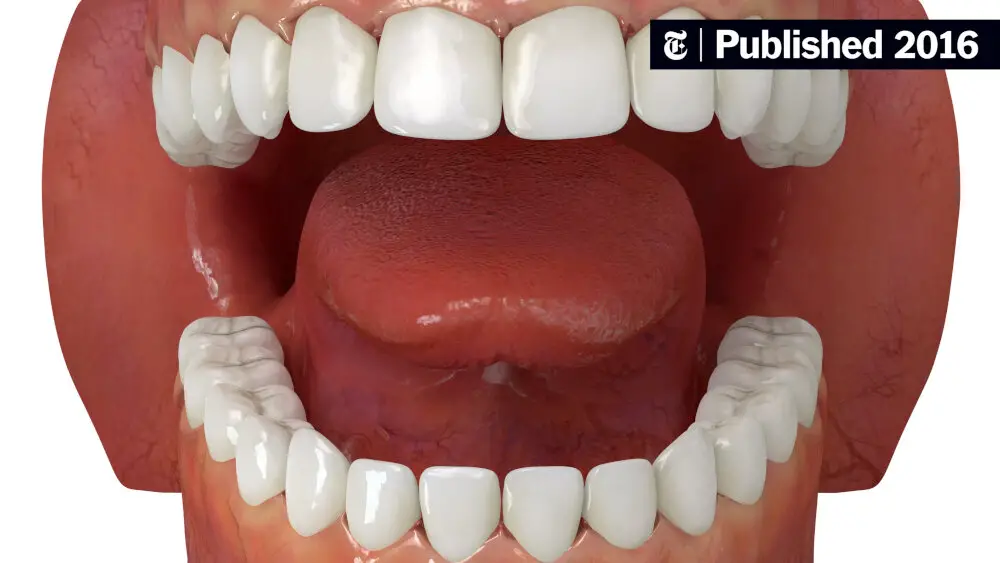
Good oral hygiene is essential for maintaining healthy teeth. Regular brushing and flossing are crucial for preventing the buildup of plaque, which can lead to cavities and gum disease. It is also important to visit a dentist regularly for cleanings and checkups. A dentist can identify potential dental issues early on, allowing for prompt treatment and prevention of more serious problems. In addition to oral hygiene, a healthy diet rich in calcium and vitamins can also help support strong teeth. However, despite our best efforts, dental issues can still arise. Tooth decay, gum disease, and even accidents or injuries can all lead to damage or loss of teeth. In such cases, prompt treatment is crucial for preventing further damage and preserving the health of surrounding teeth and gums. Restorative treatments such as fillings, crowns, and bridges can help repair damaged teeth, while dental implants can replace missing teeth and restore full function and appearance. Investing in the health of your teeth can pay off in the long run, both in terms of maintaining a healthy smile and avoiding costly dental procedures.
Having healthy teeth is crucial not only for a beautiful smile, but also for overall health and wellbeing. Teeth play a significant role in our daily lives, allowing us to speak, eat, and socialize confidently. Poor oral health can lead to various dental problems, such as cavities, gum disease, and tooth loss, which can impact our ability to chew and digest food properly. Additionally, research has shown a strong link between oral health and overall health, with poor dental hygiene increasing the risk of several serious health conditions, including heart disease, diabetes, and respiratory infections. Therefore, it is essential to maintain good oral hygiene habits, including daily brushing and flossing, regular dental check-ups, and a healthy diet to keep our teeth and gums in optimal condition.
The health of teeth is a major factor in determining their value. Teeth that are well-maintained and free from decay, cavities, and other oral health issues are considered more valuable than those that have been neglected. This is because healthy teeth not only look better, but they also function better and are less likely to cause pain or discomfort. In addition, healthy teeth are more likely to last longer, which means that they can provide value for a longer period of time. On the other hand, teeth that are in poor condition may require expensive and extensive dental work to restore them to a functional state, which can significantly reduce their value. Overall, taking good care of your teeth is essential if you want to maximize their value and ensure that they remain healthy and functional for years to come.
The Cost of Dental Procedures
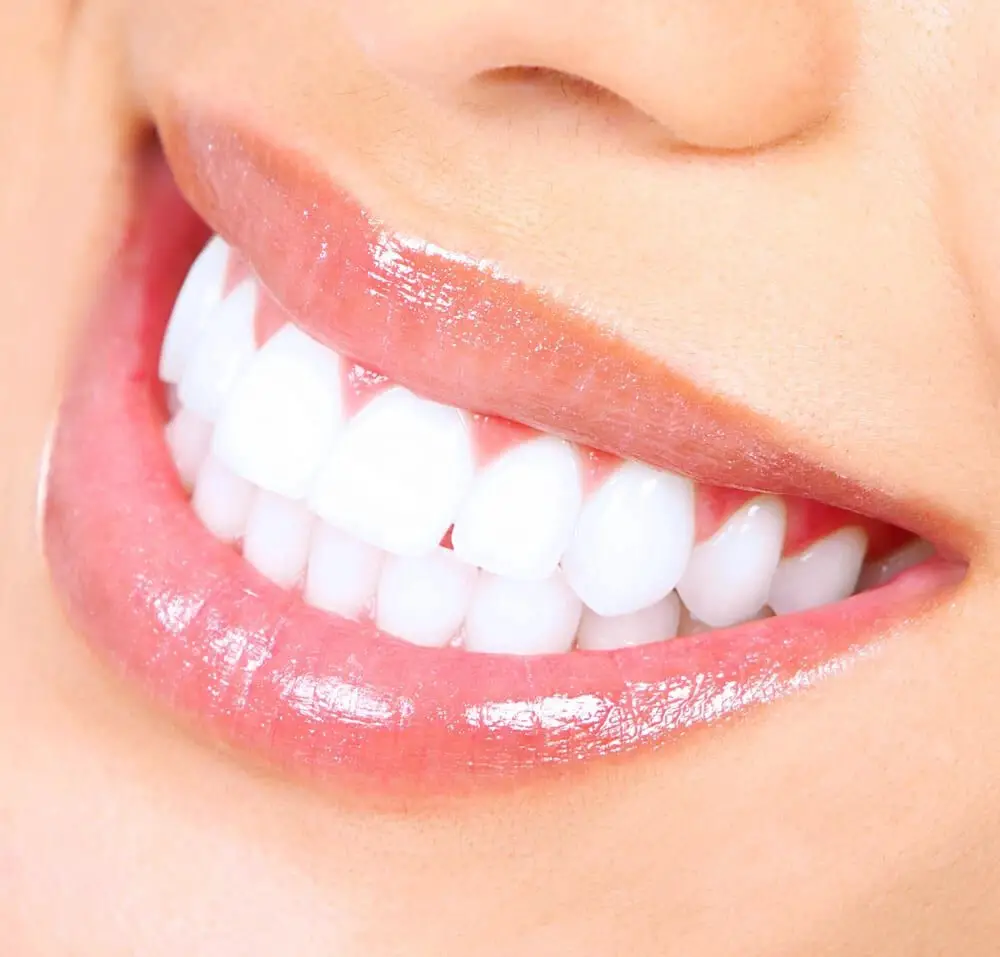
Dental procedures can be expensive, and the cost can vary depending on the type of procedure required. Routine check-ups and cleanings are generally less expensive than more complex procedures such as root canals and dental implants. The cost of dental procedures can also vary depending on the location, the dentist’s experience, and the materials used. In some cases, insurance may cover a portion of the cost, but it is important to check with your provider to understand what is covered and what is not. Despite the potential expense, it is important to prioritize dental care to maintain good oral health and prevent more serious issues from developing. The cost of dental procedures can be daunting, but there are ways to manage the expense. Many dentists offer payment plans or financing options to help patients afford necessary procedures. Additionally, some dental schools offer discounted services as part of their training programs. It is also possible to save money on dental care by practicing good oral hygiene habits at home and visiting the dentist regularly for preventative care. While it may be tempting to skip dental appointments to save money, neglecting oral health can lead to more serious and costly issues in the long run. Investing in dental care is an important part of overall health and well-being.
When it comes to dental procedures, the cost can vary greatly depending on the type of procedure needed. For example, a routine cleaning can cost anywhere from $75 to $200, while a filling can cost between $100 and $500 depending on the location and severity of the cavity. More complex procedures like root canals and crowns can cost upwards of $1,000 to $1,500 or more. Orthodontic treatments can also be quite expensive, with traditional braces costing around $5,000 to $7,000 and Invisalign treatments averaging around $5,000 as well. It’s important to keep in mind that dental insurance may cover some or all of these costs, but it’s always a good idea to double check with your provider before undergoing any procedures.
The cost of dental procedures can have a significant impact on the value of teeth. A person who invests in regular check-ups, cleanings, and preventive care may have a higher value attached to their teeth than someone who neglects their oral health. The cost of restorative procedures such as fillings, crowns, or implants can also affect the value of teeth. For example, a tooth that has been treated with a costly implant may be considered more valuable than a tooth that has been extracted and replaced with a cheaper option. Additionally, cosmetic procedures like teeth whitening or veneers can increase the perceived value of teeth as they enhance their appearance. Ultimately, the cost of dental procedures can influence the overall value of teeth, both in terms of their function and aesthetic appeal.
The value of teeth is determined by a variety of factors, including their overall appearance, health, and functional abilities. Factors that can affect the value of teeth include their color, shape, and size, as well as the presence or absence of any chips, cracks, or other damage. Additionally, the health of the teeth, including their strength, durability, and resistance to decay, can also have an impact on their value. Other important factors that can influence the value of teeth include the patient’s age, lifestyle habits, and overall oral health, as well as any underlying medical conditions or medications that may affect the health of their teeth. Ultimately, the value of teeth will depend on a number of individual factors, including their condition, health, and overall aesthetic appeal.
In conclusion, the value of teeth goes beyond just their monetary worth. Teeth play a crucial role in our overall health and wellbeing, allowing us to eat, speak, and smile confidently. Neglecting proper dental care can result in serious health issues, such as gum disease and tooth decay, which not only affect our oral health but can also lead to systemic health problems. Therefore, it is essential to understand the importance of valuing and taking care of our teeth. Regular dental checkups, proper brushing and flossing, and a healthy diet can not only help maintain healthy teeth but also save us from potential health risks and expenses in the future. So, let’s value our pearly whites and give them the care they deserve.
Conclusion

In conclusion, the value of teeth is not just limited to their functional and aesthetic purposes, but they also hold a significant financial value. From the perspective of dental insurance, the cost of dental procedures and treatments can be quite expensive, making it essential to take proper care of our teeth. However, in terms of cultural and traditional values, some cultures view teeth as a symbol of beauty, status, and power. Moreover, the dental industry has grown significantly over the years, with various advancements in technology and techniques that have increased the value of teeth. Consequently, it is crucial to prioritize dental hygiene and care to maintain the value of our pearly whites and avoid any potential financial or health-related consequences.
